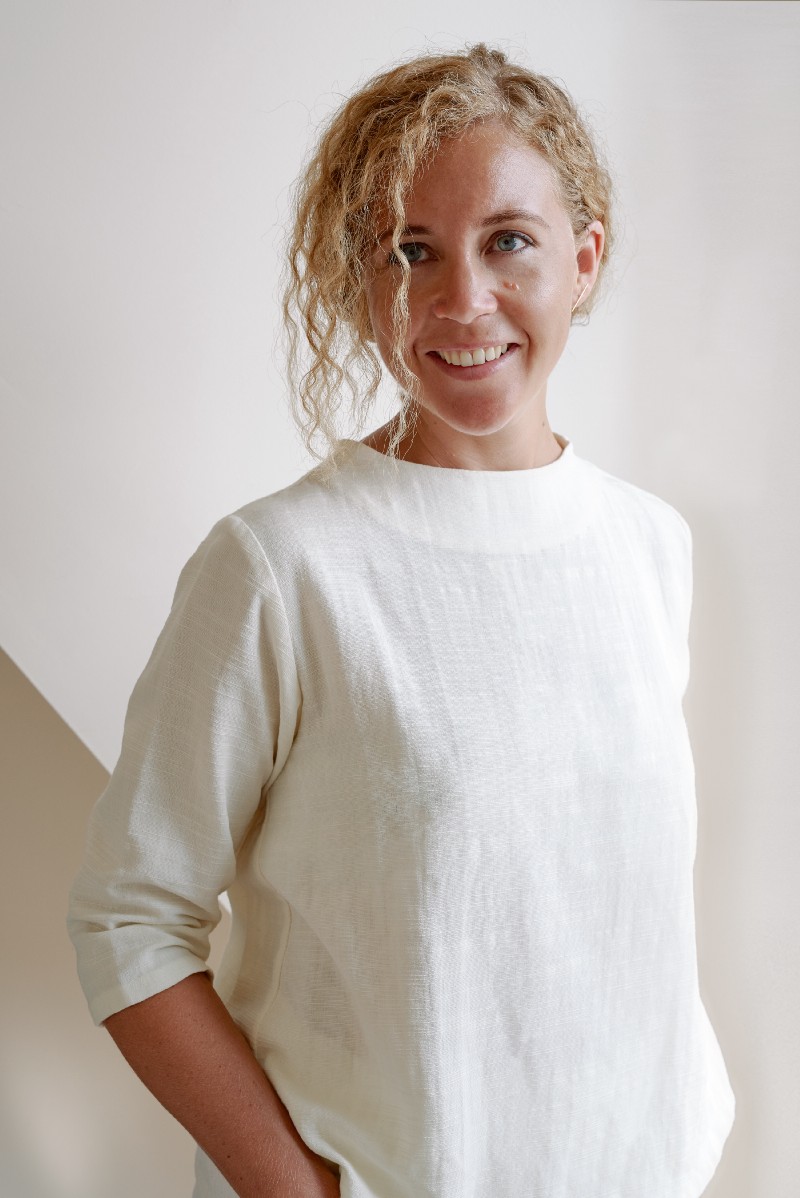
There’s no isolated feeling within the body: everything is connected. Our sense of touch has the ability to change our mood. Our sense of sight can affect how we perceive a certain flavor. While acupuncture is widely recognized as a way to treat physical ailments, this practice can also dramatically affect our mental state.
We spoke with licensed acupuncturist Justine Wenger to learn how acupuncture helps relieve stress and enables us to tune into our bodies.
Splendid Spoon: Hi Justine! Tell us a little bit about yourself and your journey into the world of acupuncture.
Justine Wenger: Hi! I’m a licensed acupuncturist with a private practice in Manhattan. I specialize in women’s health: hormonal balance, digestion, skin care, fertility, and prenatal and postnatal care. I also focus on addressing overall stress in the system, and work closely with my clients on diet and lifestyle changes.
I love food, cooking, and rituals around coming together with others with food. I’m fascinated by our underlying ability to take care of ourselves through our diets. My father is an acupuncturist, so acupuncture has always been a way for me to connect and take care of myself. It seemed like a natural leap to combine acupuncture and food in order to help others.
SS: First off, what is acupuncture?
JW: Acupuncture is a time-honored technique that uses hair-thin needles at strategic points on the body to address modern day health conditions. It’s a gentle and sophisticated system of diagnosis and treatment that can be felt at all levels: physical, emotional, and mental. It’s a holistic approach to helping the body regain or find it’s own balance.
SS: Does acupuncture heal only physical ailments, or can it help change our emotional and mental state too?
JW: Thankfully there’s never one single, isolated thing happening in the body (Ed note: You read our mind, Justine! — Ed.). All our systems depend on each other and work together. For most clients, acupuncture treatments are very relaxing, and it’s often the emotional and mental shift that is the most prominently felt. Feeling better, in all respects, is always the goal.
SS: Do people typically turn to acupuncture to cure a certain pain or injury, or are they looking for overall health improvement?
JW: Both! Generally, clients start acupuncture with a certain goal in mind, or certain symptoms they’re looking to heal. They then continue to come for regular sessions to help take care of their overall health, especially for stress relief. Acupuncture is also a really great tool for preventative care.
SS: How and why should we incorporate acupuncture into our self-care routine?
JW: I like to think about acupuncture as a reset button. Anytime you get an acupuncture treatment, whether it’s for back pain or an irregular cycle, you’re stimulating immune and neurological function, liver detoxification, metabolism, etc. And, as I said, most people love it because it’s relaxing.
SS: As an acupuncturist, do you find you’re more tuned into your sense of touch?
JW: I definitely appreciate my sense of touch and how it influences my treatments. However, I honestly use all my senses to connect with my clients. I try to be very thoughtful as to how I use touch in treatments, based on the client. I do love that acupuncture can be a very hands-on treatment and way to engage with my clients.
SS: How do you stay grounded while living in NYC?
JW: I try to keep things in perspective. Yes, NYC is a big, crazy city to live in, but I try to remind myself of how lucky I am to be in such a vibrant and diverse place. There are a lot of external stressors in a city, so it’s important to find ways and things you love to help relieve stress. I also get out of the city as much as I can whether that’s to travel or just go to the ocean.
SS: How can acupuncture help us better connect and tune into our senses?
JW: The acupuncture needles themselves bring awareness, sensation and stimulation to various areas of the body that we may not normally think about or feel. This is especially the case in the absence of pain. For example, if you have a headache, you’re easily engaged with the feeling that your head hurts. However, when the headache is gone, we don’t walk around thinking “I feel my head, and it feels good.”
Various acupuncture points will bring awareness, either consciously or unconsciously, to certain points on the body. Setting aside that time to really focus on your body and what you’re feeling or experiencing that moment/day/week is a really thoughtful way to connect to yourself.

SS: When do you feel most at peace?
JW: At the ocean! It’s a sensory overload in a way, but I find it very clearing.
